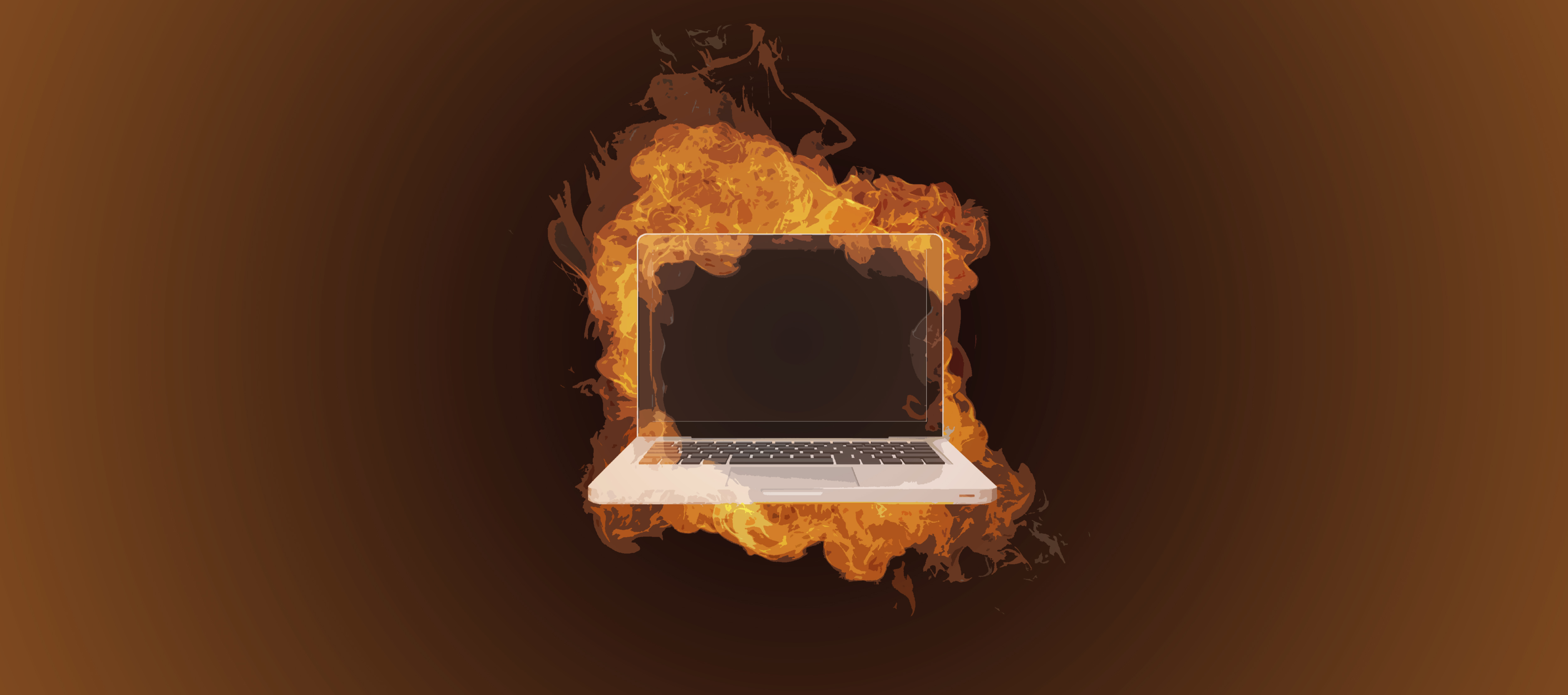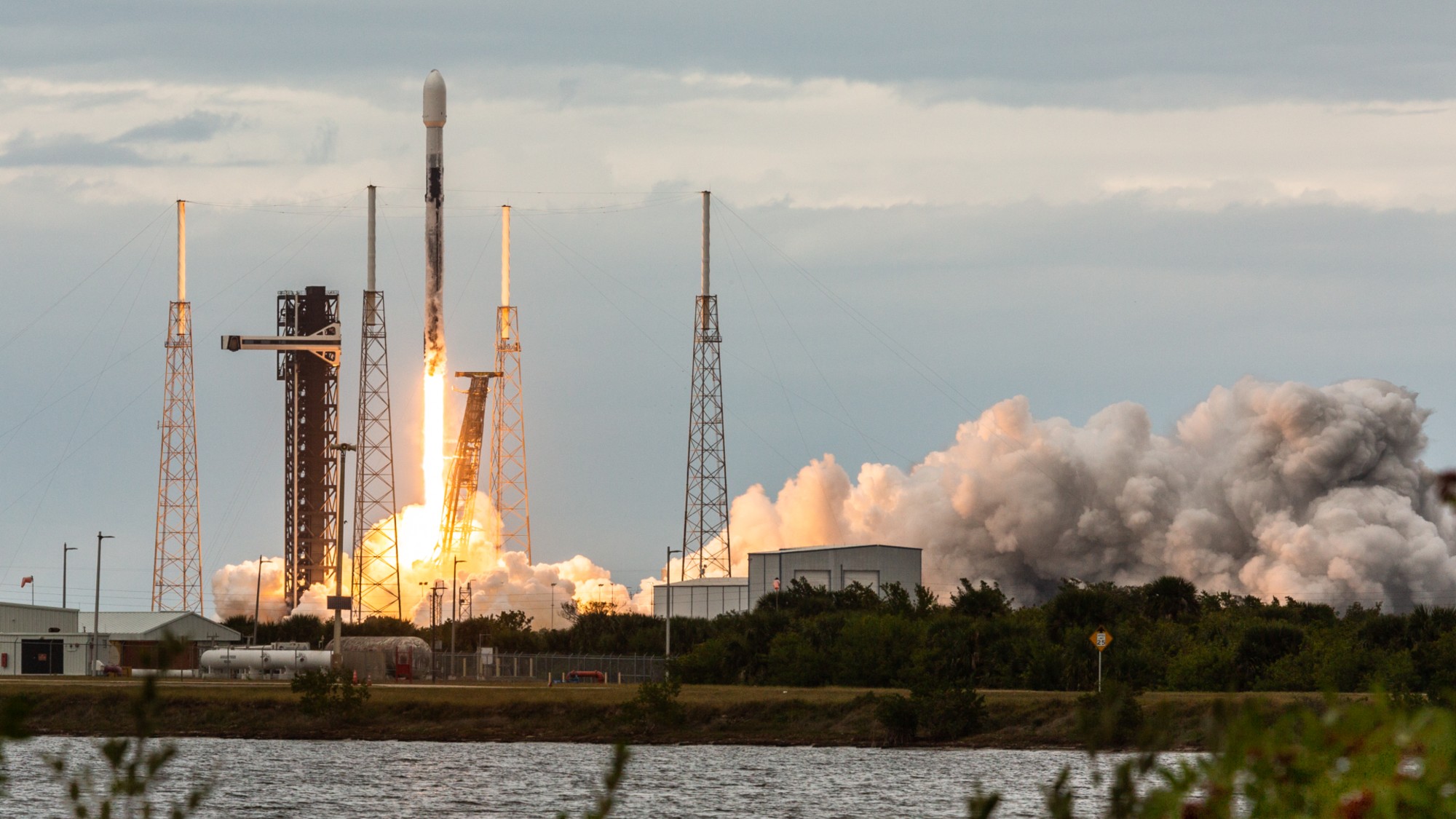In defense of hot takes
We are in a golden age of opinion writing. Time to savor it.


They say nobody makes anything in America anymore. But there is at least one sector that's booming: the hot take industry.
If you don't know what I'm talking about it can only be because you don't spend enough time online, where hot takes can be found, or on social media, where you will be directed to hot takes and also smart takes, an overlapping, but not identical form of commentary.
Briefly, the "hot take" is a piece of opinion writing, produced quickly, about some breaking event or controversy. It seldom involves reporting heretofore unknown facts, but instead is meant to provide a unique perspective that will supposedly deepen your understanding of that event. Most of the time, the hot take fails to be as hot as it ought to.
The Week
Escape your echo chamber. Get the facts behind the news, plus analysis from multiple perspectives.

Sign up for The Week's Free Newsletters
From our morning news briefing to a weekly Good News Newsletter, get the best of The Week delivered directly to your inbox.
From our morning news briefing to a weekly Good News Newsletter, get the best of The Week delivered directly to your inbox.
I am here, my friends, to defend the hot take, because it gets lots of grief. I do so not because the internet is not full of hot takes that are mundane at best and idiotic at worst, the reading of which could make you despair not only for the two minutes you just wasted but for the very future of humanity. It is. I defend the hot take because even granted the crushing volume of bad hot takes, there are so many good ones that the world is a better place, and you a more informed citizen, for their existence.
A lot of the backlash against hot takes comes from the very people who have had to produce them. If you're a certain kind of online writer — like yours truly — you can feel a need to manufacture an opinion, preferably an original or provocative one, on every last thing that dominates the news, even if it's obvious that today's obsession will be forgotten tomorrow. Some of us are blessed with editors who understand when we say, "I don't think I have anything interesting to say about that particular topic," but there are certainly some publications that won't take "I have no take" for an answer. It can become oppressive, whether imposed by your employers or yourself.
But the problem isn't what our brave corps of content producers endure — they're always free to do something else for a living. The problem, or at least potential problem, is what comes out at the other end.
A mere 20 years ago, when the internet as a source of news was in its infancy, takes of any sort were few and far between. There weren't more than a few hundred people — syndicated columnists and those with a local newspaper audience, plus a small number at magazines like Time and Newsweek — who made their living analyzing current events and trying to synthesize them in an interesting and informative way for the public. The result was that the volume of opinion and commentary ordinary citizens had to choose from was extremely limited.
A free daily email with the biggest news stories of the day – and the best features from TheWeek.com
Today, the internet has created a golden age of journalism (even granting how some kinds of journalism, like coverage of local politics, have been hollowed out) and a golden age of opinion writing. Off the top of my head I could rattle off a dozen extraordinary writers whom I regularly read for their powerful insights and fluid prose, but who never would have had the chance to reach a significant audience, or any audience at all, before the internet. Newspaper columns used to be the reward for 30 years spent in the newsroom, which sometimes produces an excellent columnist and sometimes doesn't. Now anyone with merit can potentially reach millions.
Of course, that also means that people who have nothing to say are also out there, potentially making it harder to find what's good. Those who criticize the hot take have no trouble finding a thousand examples to support their claim. But as science fiction author Theodore Sturgeon replied when he was asked why there's so much bad sci fi, 90 percent of everything is crap.
That applies to actual journalism, which is often contrasted with hot takes, as well. For instance, the majority of reporting from the campaign trail is of miniscule value at most, a parade of stories about what the candidates said that day and which voting bloc they're pandering to, doing almost nothing to actually deepen your understanding of the political spectacle. There are reporters who manage to do daily campaign trail journalism that actually unearths and communicates something more insightful, but they're the exception, not the rule. That's mostly because the beat can be so repetitive (follow the candidate to another diner full of Iowans, listen to his pitch for the hundredth time), and yet the reporters have to produce story after story about it. But since it does involve a physical presence and the asking (or shouting) of questions, even if it's utterly banal, we see it as journalism, which is supposed to be more inherently valuable than somebody's opinion.
But getting information isn't our only problem. Sometimes the biggest challenge lies in how to understand the facts we just learned, put them in context, relate them to other facts, and look at them from a perspective that's not the same as what the conventional wisdom says. The right hot take can give us that — not just knowledge, but understanding.
I'll admit that my position on this issue stems at least in part from self-interest. I write about politics and policy every day, and while I sometimes do pieces that require lengthier reporting and are weeks in the making, the overwhelming majority of my takes are hot, in that they are published quickly and comment on events soon after they happen. I only have a career as long as there's a demand for takes.
But competition and the need for hotness can actually spur one to produce better takes. If I'm not just passing on new information every time I produce a take, I have to ask what it might add to people's understanding. Do I have some particular insight that I haven't seen elsewhere? Is there a perspective that's missing? Can I link disparate ideas and facts together in a unique way? Will my readers finish my take and say, "I think I understand this issue a little better than I did before"?
Once you find a few writers who offer you those things, you can ignore all the other takes, unless someone you trust vouches for their merit. And the truly inane takes will probably communicate their stupidity right in the headline ("What Justin Bieber's nude photos tell us about the Iran nuclear deal!").
So yes, there are a lot of bad takes out there. But it isn't actually that hard to find the good ones — and there are so many good ones that there's no excuse for remaining uninformed.
There's never been a better time to be a citizen who wants to understand what's going on in the world, hot takes and all.
Paul Waldman is a senior writer with The American Prospect magazine and a blogger for The Washington Post. His writing has appeared in dozens of newspapers, magazines, and web sites, and he is the author or co-author of four books on media and politics.
-
 A running list of the US government figures Donald Trump has pardoned
A running list of the US government figures Donald Trump has pardonedin depth Clearing the slate for his favorite elected officials
-
 Ski town strikers fight rising cost of living
Ski town strikers fight rising cost of livingThe Explainer Telluride is the latest ski resort experiencing an instructor strike
-
 ‘Space is one of the few areas of bipartisan agreement in Washington’
‘Space is one of the few areas of bipartisan agreement in Washington’Instant Opinion Opinion, comment and editorials of the day
